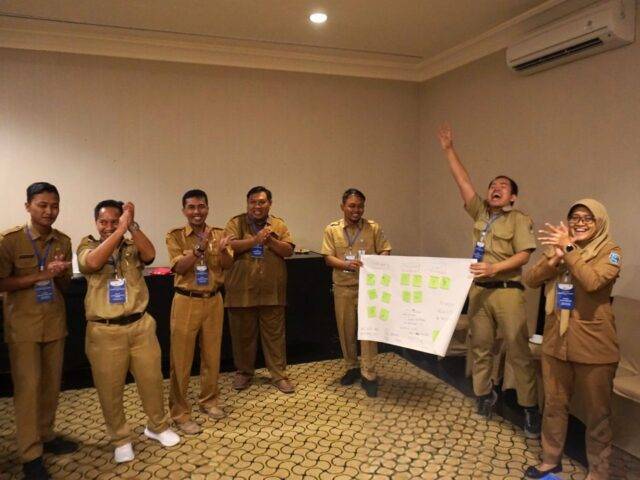Water, an essential resource vital for sustaining life globally, plays a crucial role in our daily lives, supporting functions such as nourishment, hydration, agricultural needs, hygiene, and beyond. The systematic utilization of water holds immense importance; otherwise, it results in the depletion of valuable water resources. In contrast, inadequate management of water resources or natural disasters associated with water and climate can significantly impact communities negatively. The initial segment of the WE are Water Education (Indonesia) Program will offer three courses prioritizing the management of water resources and the implementation of early warning systems for natural disasters. They will comprehensively explore both practical implementations and theoretical perspectives.
Integrated Water Resources Management (IWRM)
Water management includes a range of practices aimed at controlling water resources to minimize damage and maximize their utilization. This includes the effective management of dams and levees to mitigate the impact of floods, as well as the optimization of limited water resources through efficient irrigation systems for agricultural purposes. Additionally, drainage management involves the analysis and oversight of surface and sub-surface drainage systems. Techniques in water management are dedicated to ensuring the sustainable management of freshwater resources while considering the influences of population dynamics and the escalating pressures posed by climate change, particularly in sectors like mining, manufacturing, and agriculture. Understanding water resources management is crucial for water engineers and professionals. Without this understanding, humans may unknowingly waste valuable water resources, potentially resulting in water scarcity and various disasters.
Early Warning Systems
In the present era, frequent occurrences of rapid climate change and natural calamities stem primarily from global warming and human activities. These events often result in the depletion of natural resources and pose threats to both human lives and property. While certain disasters may remain uncontrollable, human intervention can significantly mitigate their impact. To accomplish this, implementing measures for prevention, protection, and readiness is crucial, necessitating the adoption of an Early Warning System Strategy (EWS). This strategy encompasses the essential capabilities required to promptly generate relevant warning information. It empowers individuals, communities, and organizations in hazard-prone areas to prepare adequately and take timely actions, thus minimizing potential harm and losses.
Learn more about the courses in the link below.





